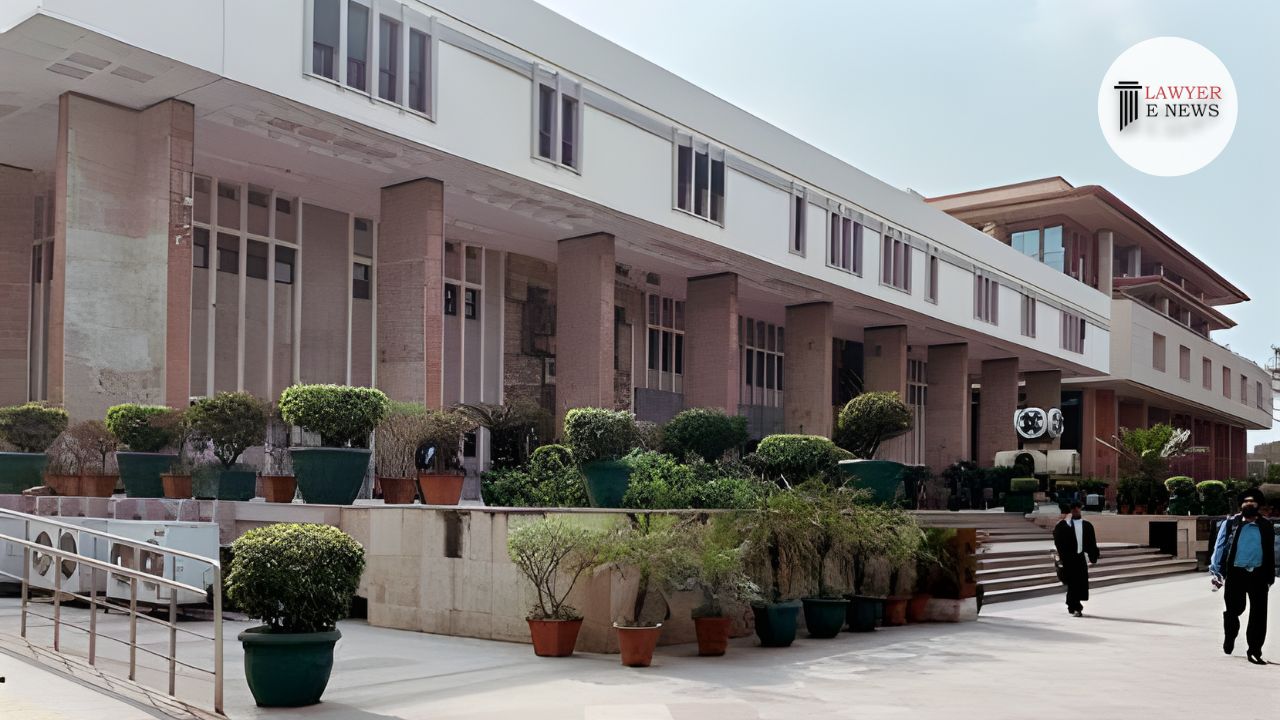-
by Admin
17 February 2026 2:34 PM



The Delhi High Court has quashed the detention order of Shahid Khan under the Prevention of Illicit Traffic in Narcotic Drugs and Psychotropic Substance Act, 1988 (PITNDPS Act), criticizing the lack of substantial evidence on the likelihood of the petitioner’s release and his re-engagement in criminal activities as required for such preventive detention.
Facts and Issues: Shahid Khan was detained under the PITNDPS Act with allegations of involvement in three narcotic cases, leading to his preventive detention. The petitioner challenged this detention, arguing it was passed perfunctorily without significant evidence suggesting his imminent release or continued engagement in narcotic trafficking post-release. The detaining authority had failed to provide concrete reasons justifying the detention, especially considering the petitioner had already been in judicial custody.
Judicial Custody vs. Preventive Detention: The court highlighted that preventive detention while under judicial custody demands specific, imminent risk evidence, which was absent in this case. The court emphasized, “If a man is in custody and there is no imminent possibility of his being released, the power of preventive detention should not be exercised” citing several precedents affirming this principle.
Application of Judicial Mind: The High Court noted a significant oversight in procedural adherence, where the detaining authority did not convincingly demonstrate the likelihood of Khan’s release from custody and subsequent criminal conduct. Justice Manoj Jain emphasized, “A bald statement is merely an ipse dixit of the officer,” indicating a lack of thorough assessment by the detaining authority.
Legal Precedents and Analysis: Various precedents were discussed, including cases where the courts have invalidated detention orders due to the lack of a ‘live link’ between the detaining action and the supposed criminal activity. The court pointed out the absence of any immediate or compelling threat that would necessitate preventive detention, stressing the importance of proximity in activities leading to detention and actual conduct threatening public order or state security.
Decision: The petition was allowed, and the detention orders dated May 27, 2022, and the subsequent confirmation order dated August 12, 2022, were quashed. The court underscored the critical need for specific and convincing evidence to justify preventive detentions, particularly when the individual is already in custody under judicial review.
Date of Decision: April 15, 2024
Shahid Khan @ Chote Pradhan Versus Union of India & Anr
